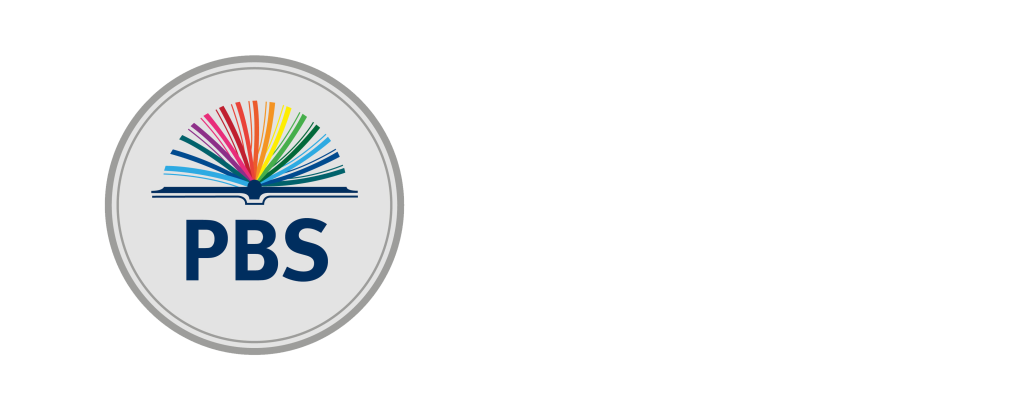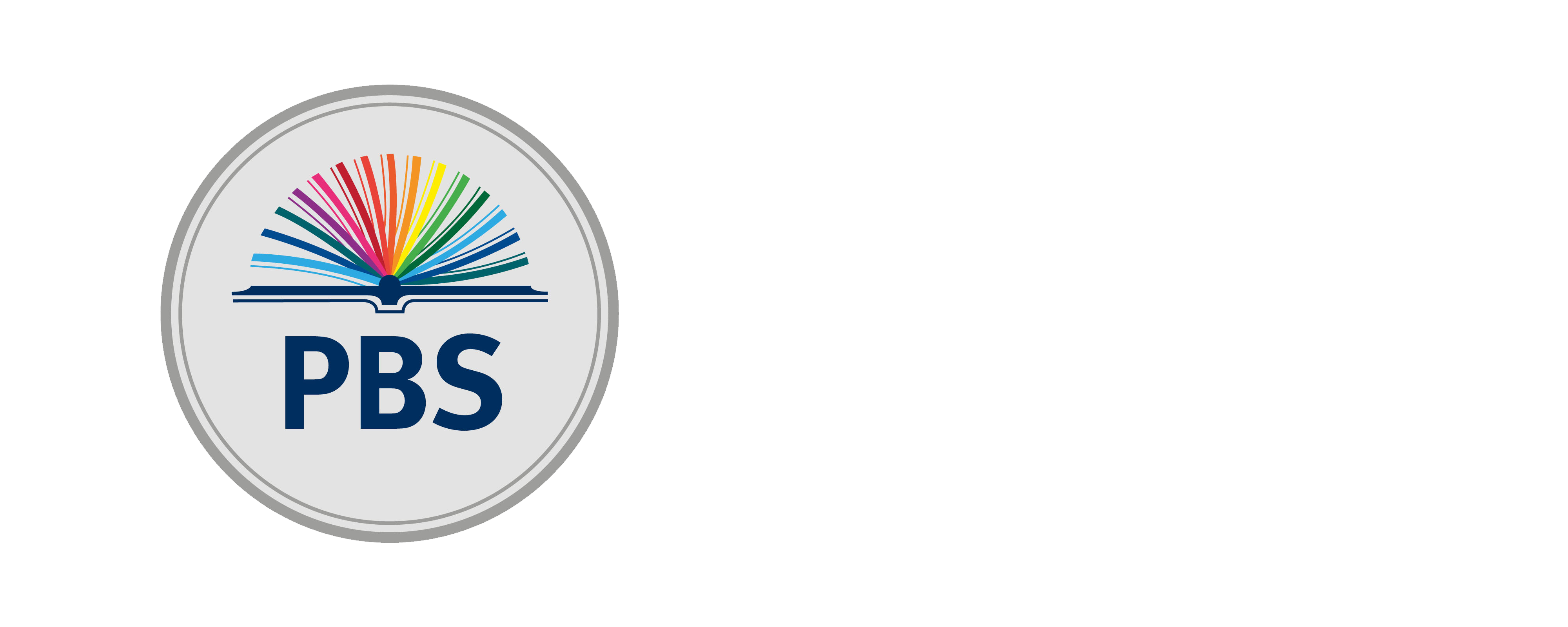Introduction: Two Essential Roles for Every SME
For Australian small and medium enterprises (SMEs), both bookkeepers and accountants play vital — but distinct — roles in managing business finances. While both professionals work with financial data, their responsibilities, qualifications, and levels of involvement differ significantly.
Understanding the difference between a bookkeeper and an accountant helps SMEs choose the right professional at the right time — and avoid costly mistakes.
At Professional Bookkeeping Service (PBS), we specialise in professional bookkeeping and partner with accountants to ensure SMEs stay compliant, informed, and financially healthy.
The Core Difference Between Bookkeepers and Accountants
| Bookkeeper | Accountant |
| Manages daily financial transactions | Provides financial analysis and strategic advice |
| Records income, expenses, payables, receivables | Prepares tax returns and financial statements |
| Handles payroll and superannuation processing | Provides tax planning and business advisory |
| Prepares BAS and GST reporting | Conducts year-end tax compliance |
| Ensures accurate data entry and reconciliations | Advises on financial structure and business growth |
What Does a Bookkeeper Do?
Daily Transaction Management
- Record income, expenses, and transactions
- Maintain up-to-date ledgers
- Categorise business expenses
Accounts Payable & Receivable
- Process supplier invoices and payments
- Issue customer invoices and track receivables
- Monitor overdue payments
Payroll Processing
- Calculate wages, PAYG withholding, and superannuation
- Generate compliant payslips
- Lodge Single Touch Payroll (STP) reports
BAS Lodgement & GST Compliance
- Calculate GST collected and paid
- Prepare and lodge BAS statements accurately and on time
Bank Reconciliation
- Match internal records with bank statements
- Resolve discrepancies quickly
Financial Recordkeeping
- Maintain accurate records for ATO audits
- Store supporting documents and receipts
What Does an Accountant Do?
Financial Reporting
- Prepare annual financial statements
- Ensure reports meet ATO and ASIC standards
Tax Compliance
- Prepare and lodge company income tax returns
- Manage Fringe Benefits Tax (FBT), payroll tax, and capital gains tax (CGT)
- Claim appropriate tax deductions
Tax Planning & Strategy
- Provide proactive advice to legally minimise tax obligations
- Forecast tax liabilities
Business Advisory
- Advise on business structure and entity setup
- Provide financial modelling and forecasting
- Assist with loan applications and investor reports
Audit Support
- Prepare documentation for internal or external audits
- Ensure compliance with complex regulations
When Should SMEs Hire a Bookkeeper?
- When handling regular business transactions
- If managing staff payroll and super
- When required to lodge BAS statements
- If real-time cash flow visibility is needed
- To stay on top of supplier payments and customer invoicing
- When business owners want to outsource daily financial admi
When Should SMEs Hire an Accountant?
- For year-end financial reporting and tax lodgements
- During business structure setup or change
- For complex tax planning and advisory
- When financial modelling or forecasting is required
- For high-level financial strategy and business growth advice
- During mergers, acquisitions, or business sales
Can a Bookkeeper Replace an Accountant?
No — both roles complement each other but serve different functions.
- Bookkeepers handle daily financial management and compliance.
- Accountants handle strategic, tax-related, and legal financial obligations.
SMEs who invest in both professionals enjoy full-spectrum financial management — from daily operations to long-term strategy.
The Collaborative Relationship Between Bookkeepers and Accountants
- Bookkeepers prepare the financial records accountants rely on.
- Accountants review, verify, and analyse data prepared by bookkeepers.
Collaboration ensures:
- Fewer ATO issues
- Cleaner financial statements
- Maximised tax benefits
- Clearer business growth plans
Why Outsource Bookkeeping Separately from Accounting
At Professional Bookkeeping Service (PBS), we focus exclusively on professional bookkeeping to ensure:
- High accuracy in daily transactions
- On-time BAS and payroll compliance
- Real-time financial reporting
- Seamless collaboration with your accountant
Outsourcing to specialist bookkeepers ensures you get expert attention for day-to-day compliance, while your accountant focuses on broader advisory and tax matters.
Frequently Asked Questions
Can my accountant handle my bookkeeping?
While many accountants offer bookkeeping, using a dedicated bookkeeper provides better daily attention, faster data entry, and often lower costs for compliance tasks.
Is bookkeeping cheaper than accounting?
While the hourly rate for bookkeeping is generally lower than accounting, the overall investment depends on the volume and frequency of services provided. For daily transaction management and compliance, bookkeeping may be more cost-effective — especially when done by a specialist.
Do I need both a bookkeeper and accountant?
In most SMEs, yes. Both roles serve distinct and necessary functions for full financial health and compliance.
Get Professional Bookkeeping Services for Your SME
Professional Bookkeeping Service (PBS) provides expert bookkeeping services for Australian SMEs. We ensure your books are accurate, up-to-date, and ready for your accountant — so you stay fully compliant and financially informed.
Contact us today for a free consultation.

